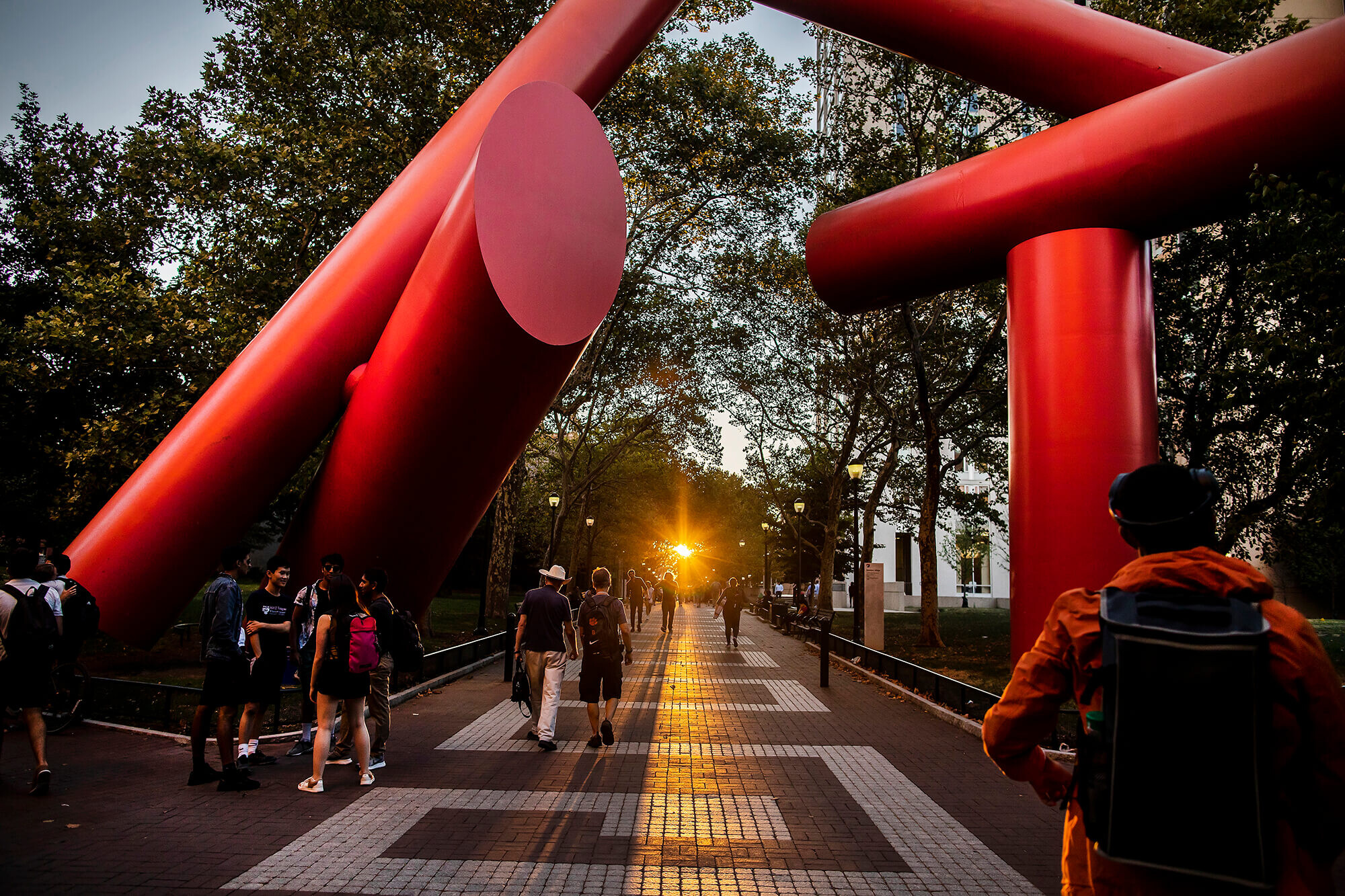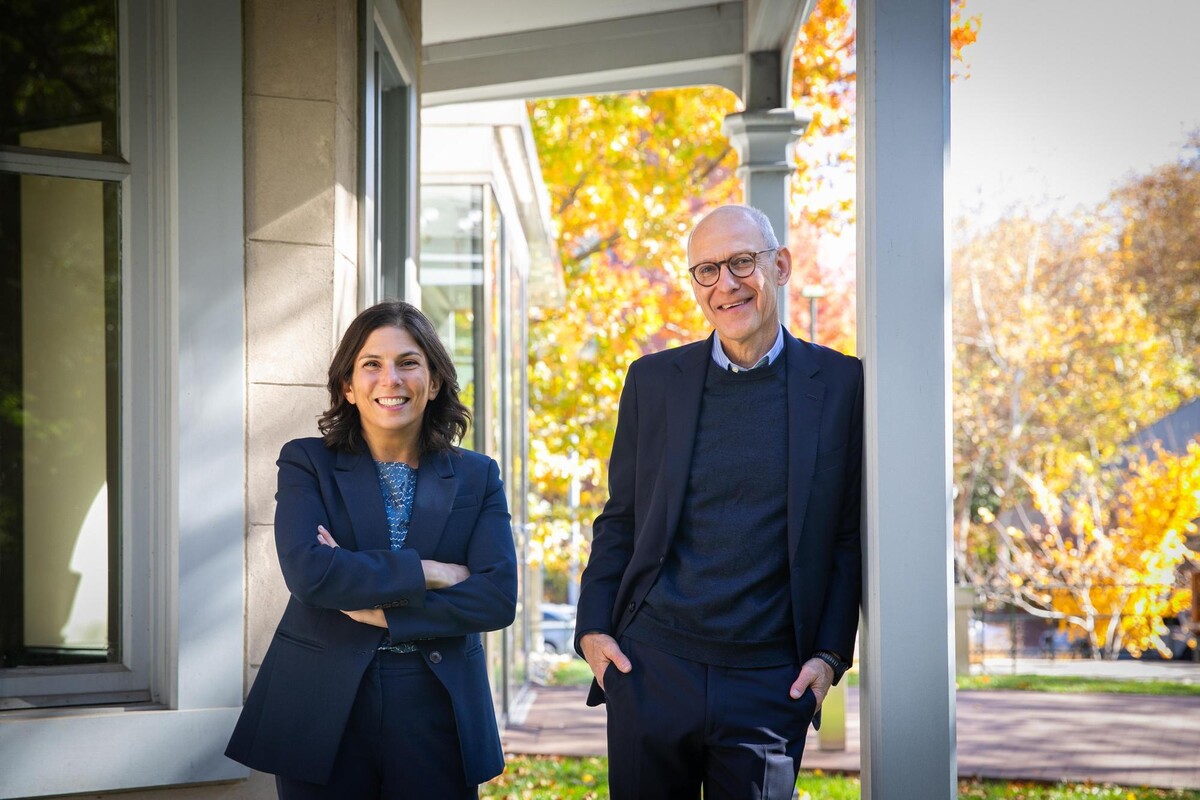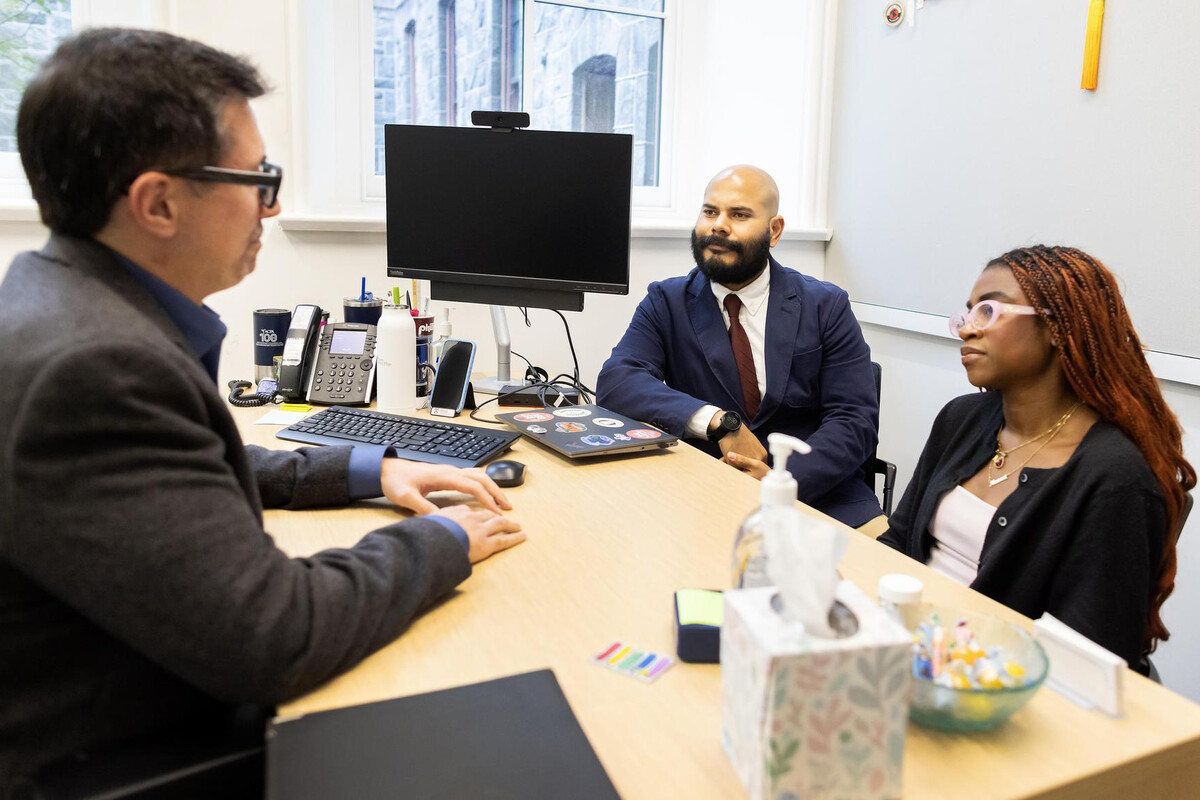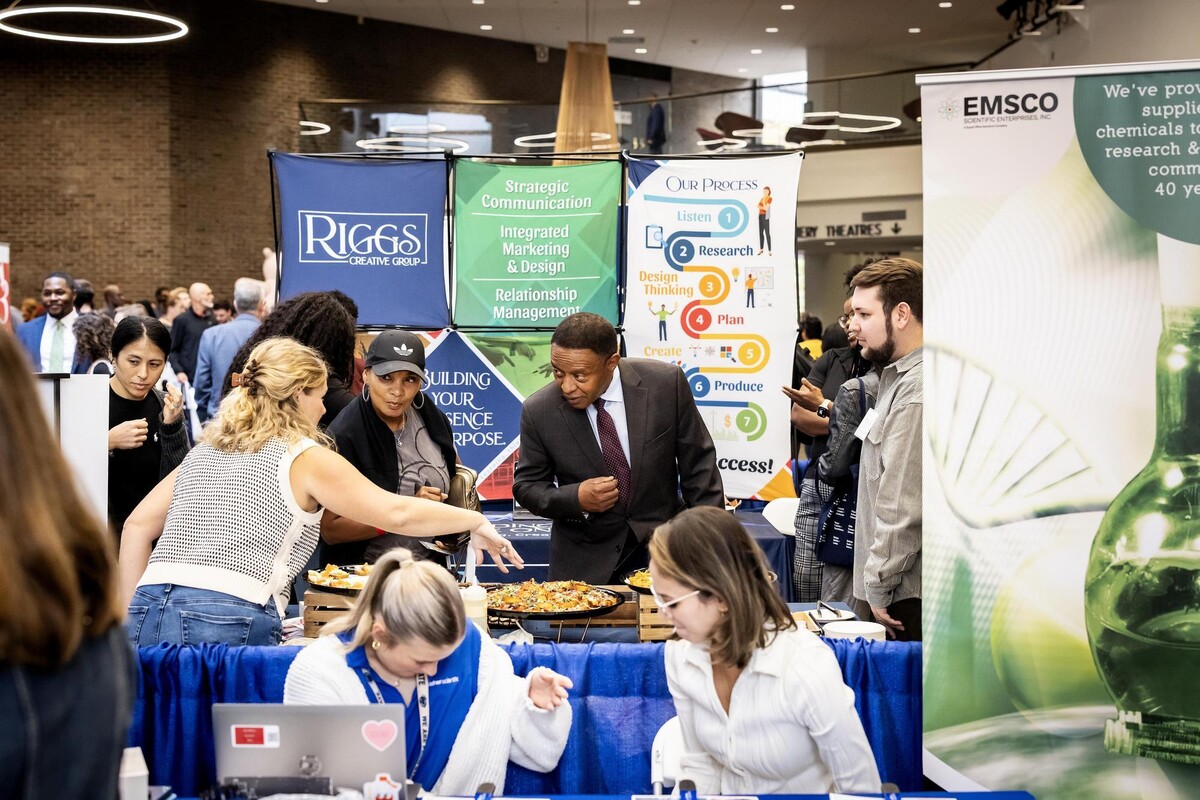


Transforming community health and social connections in rural areas of the US

Where peak performance meets progressive disease

Beating the heat: Designing cooling for bodies in motion

Methadone treatment for opioid use rising, but better access needed to reach more

America’s first hospital to open museum at Pennsylvania Hospital’s historic Pine Street building

Solar solutions for farmers in The Gambia

Leveraging AI to help stroke survivors recover speech abilities
Featured Events
Energy Week: E-Waste Drive (Feb. 23-27)
The Penn community is invited to recycle old and unused electronics responsibly. Participants can drop off electronic waste at the Kleinman Center for Energy Policy. Volunteers will ensure items are properly recycled, preventing harmful materials from ending up in landfills and supporting a more sustainable energy future. Visit the event page for a list of items to recycle.

Exploring Climate and Energy Through Time
This hour-long tour of the Penn Museum, part of Energy Week at Penn programming, will explore the collection with questions of ancient climates and energy production and consumption in mind. The tour will focus on how the history of human experience has long involved applying creative solutions to dealing with weather events, adapting to diverse climates, and harnessing the power of nature to produce efficient sources of energy to help us live comfortable lives. Free and open to the Penn community. Register to attend.

An exterior view of the Penn Museum

In Principle and Practice
Penn’s strategic framework
Penn’s guiding principles are the University’s enduring values and distinctive strengths: anchored, inventive, interwoven, and engaged. The practices support and strengthen Penn’s core educational mission.
At Penn Today, we focus on some of the ways the University is putting this framework into action. From student, faculty, and staff profiles to research updates and event coverage, Penn Today highlights the latest examples of the University’s principled approach to excellence.

Penn Forward’s Access, Affordability, and Value co-chairs on creating opportunity

A conversation with Penn Forward’s Global Opportunity and New Markets co-chairs

Through Penn First Plus, students unlock potential and purpose

Fueling growth locally, together
Penn in the News
Podcast: Robert Zemsky on how 3-year degrees could save colleges
Robert Zemsky of the Graduate School of Education “has been encouraging educators to experiment with developing three-year degrees for over 15 years.”
How AI-powered ‘smart homes’ could transform care for people with dementia
PIK Professor George Demiris, of the School of Nursing and the Perelman School of Medicine, comments on AI and home patient care. Sense4Safety, developed at Penn Nursing, is cited.
Why some people thrive on four hours of sleep
Amita Sehgal of the Perelman School of Medicine discusses sleep.
What is Alpha, the AI-only school of the future?
Hamsa Bastani of the Wharton School comments on AI tutoring vs. human instruction.